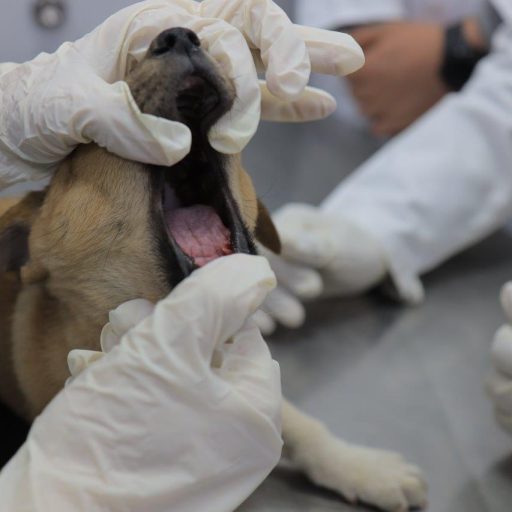SCHOOL OF VETERINARY MEDICINE AND FOOD SAFETY
Degree and Title:
Bachelor’s in Veterinary Medicine
(BVM), Honors in Food Safety
Bachelor’s in Veterinary Medicine (BVM), Honors in Animal Medicine and Surgery
Bachelor’s in Veterinary Medicine (BVM), Honors in Pet Animals
Bachelor’s in Veterinary Medicine (BVM), Honors in Poultry and Fish Diseases
Study Hours/Academic Levels:
190 credit hours/5 academic levels
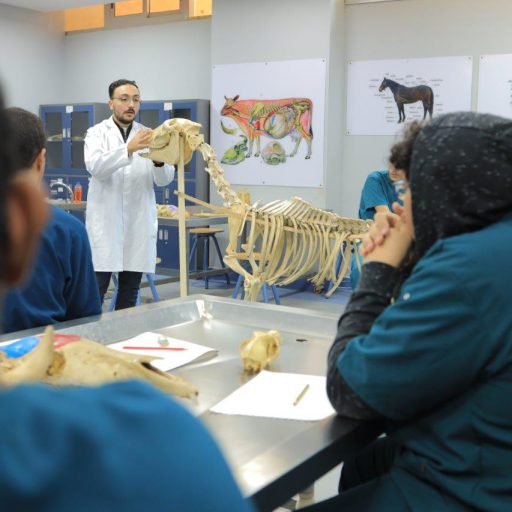
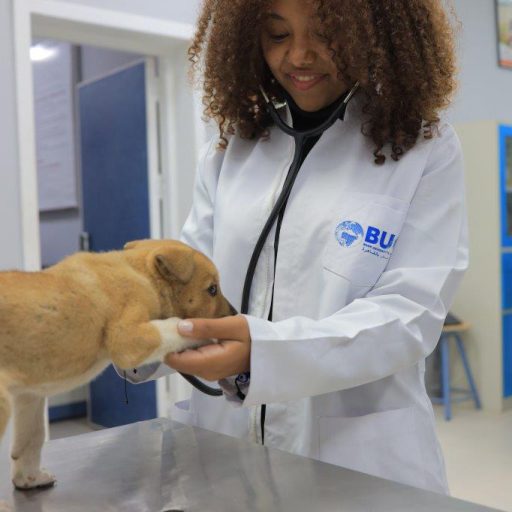
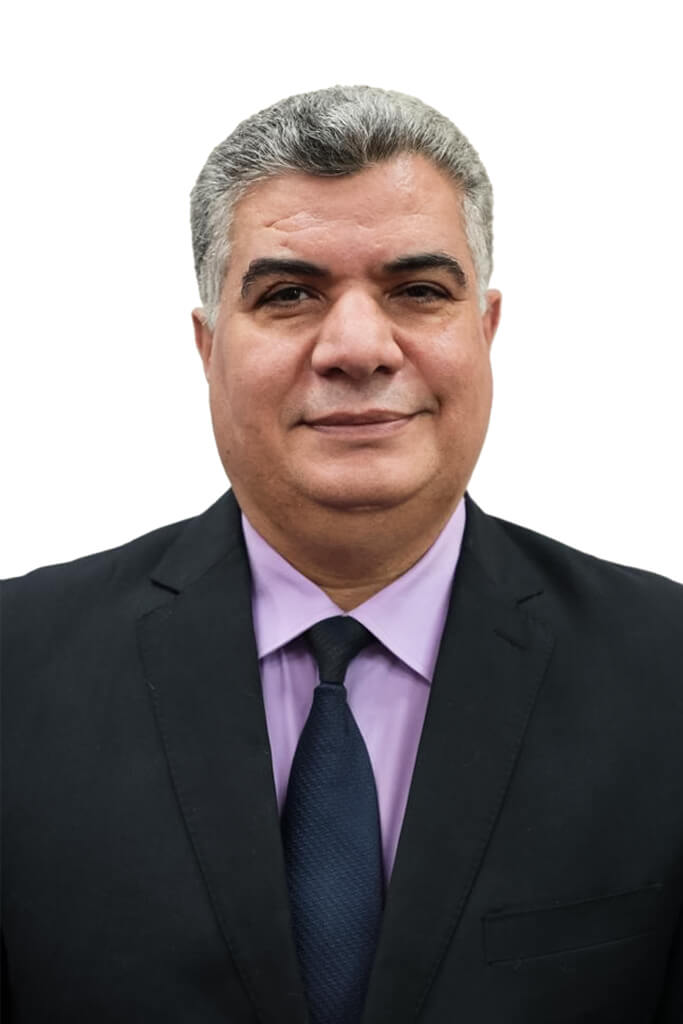
Meet the Dean
Prof. Dr. Adel Abdelkhalek Sayed Ahmed
Prof. Dr. Adel Abdelkhalek Sayed Ahmed is currently the Dean of the School of Veterinary Medicine at BUC. He has a doctoral degree in Veterinary Medical Sciences from Zagazig University, Egypt in 1995 during which he spent a pre-doctoral research specialization in food Microbiology Dept., Food Science and Agriculture Centre, Queens University of Belfast, UK.
He became a professor at the Department of Food Hygiene, Faculty of Veterinary Medicine, Mansoura University, Egypt in 2005. He was the head of the Department of Food Hygiene and the director of the Food Safety and Hygiene program, Faculty of Veterinary Medicine, Mansoura University. Egypt.
His research interests include applied food of animal origin microbiology, modern diagnostic techniques in food safety, quality control of food, HACCP and ISO, and Modern diagnostic techniques in bacterial animal diseases.
Dean’s Word
Prof. Dr. Adel Abdelkhalek Sayed Ahmed
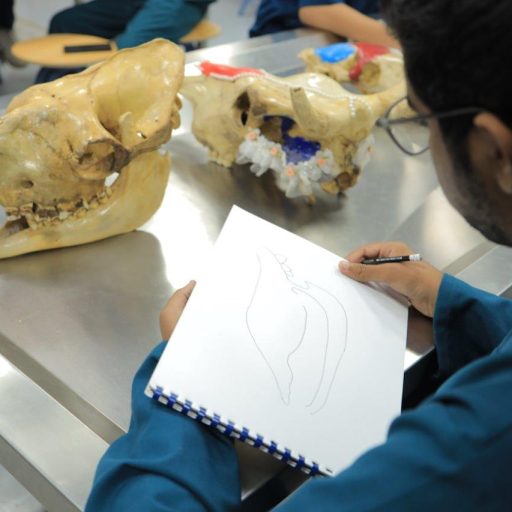
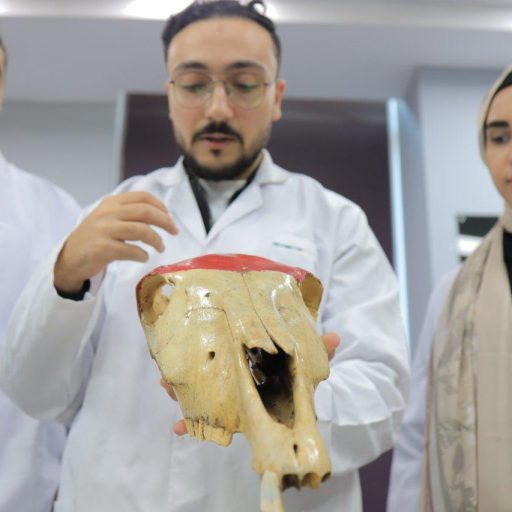
Dean’s Word
Prof. Dr. Adel Abdelkhalek Sayed Ahmed
Dear students
Welcome to Faculty of Veterinary Medicine at Badr University in Cairo
We are pleased to present this guide to clarify some of the issues that you will face during your studies, it focuses on the details, the aim of it is to guide and introduce you to the departments and activities of the college, educational services and study methods. It also sheds light on the importance of academic tutoring, which shows the importance of student communication with the academic advisor.
Dear student, I know that the College of Veterinary Medicine and all its members are exerting their utmost energies and capabilities to become one of the leading colleges at the level of the veterinary medicine sector in Egypt and the world by developing various specializations and teaching methods that are renewable to keep pace with the needs of the labor market by qualifying a group of veterinarians.
The college also creates a coherent and interconnected cognitive environment that serves its students and attracts them to creative growth in various aspects with the aim of transforming from a traditional to an advanced college that elevates veterinary medicine to levels befitting the finest scientific universities.
With my best wishes for success and progress
Strategy
our Vision
our Mission
Object- ives
School of VETERINARY MEDICINE AND FOOD SAFETY
Council
Prof. Dr. Adel Abdelkhalek Sayed Ahmed
Dean
Schoolpremises
Our veterinary school buildings have been designed by leading architects, comprising a main teaching facility with lecture theatres and laboratories, a BUC PET Clinic; Skill Labs and one of largest and most sophisticated high Veterinary Hospital
The central library, based on Campus, includes a large number of innovative veterinary books and publications set out in a relaxing environment, conducive to studying. There are comfortable seating areas, group study areas, a silent study area and private study rooms.
The university offers a learning management system (LMS) for enhancing learning needs in all areas, assignment, examinations and student registration attendance.
LABORATORIES
& WORKSHOPS
1- Morgue
2- Histology Lab
3- Biochemistry lab.
4- Animal behavior and management
5- Physiology lab.
6- Pharmacology lab.
7. Nutrition lab.
8- Food Safety Lab
9- Skill Lab
10- microbiology lab
11-Parasitology lab.
12- Meat Hygiene Lab
13-Pathology lab.
ACADEMIC PROGRAM
5
academic levels
Degree and Title:
Bachelor’s in Veterinary Medicine
(BVM), Honors in Food Safety
Bachelor’s in Veterinary Medicine (BVM), Honors in Animal Medicine and Surgery
Bachelor’s in Veterinary Medicine (BVM), Honors in Pet Animals
Bachelor’s in Veterinary Medicine (BVM), Honors in Poultry and Fish Diseases
Study Hours/Academic Levels:
190 credit hours/5 academic levels
STUDY PLAN
see all study programs
SCIENTIFIC DEPARTMENTS
International Programs
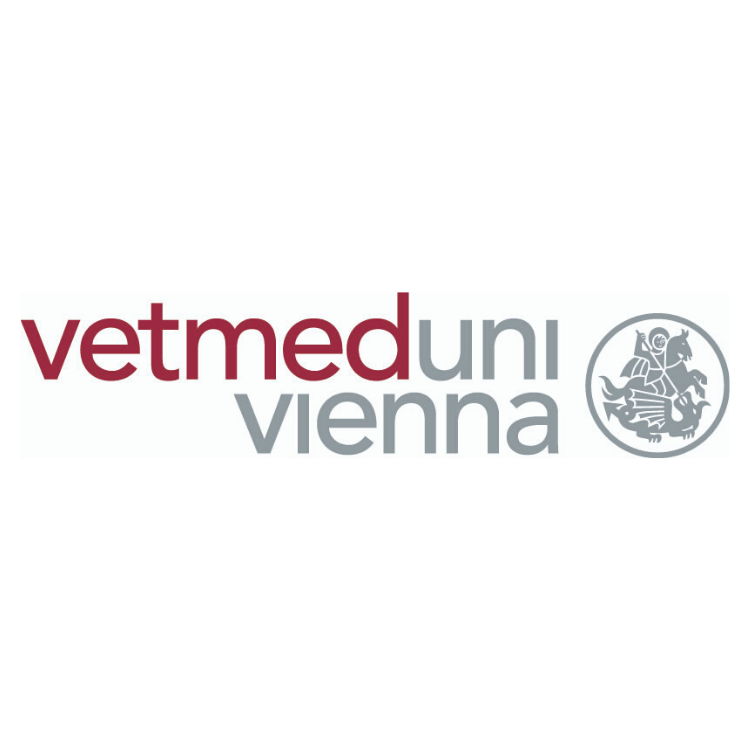
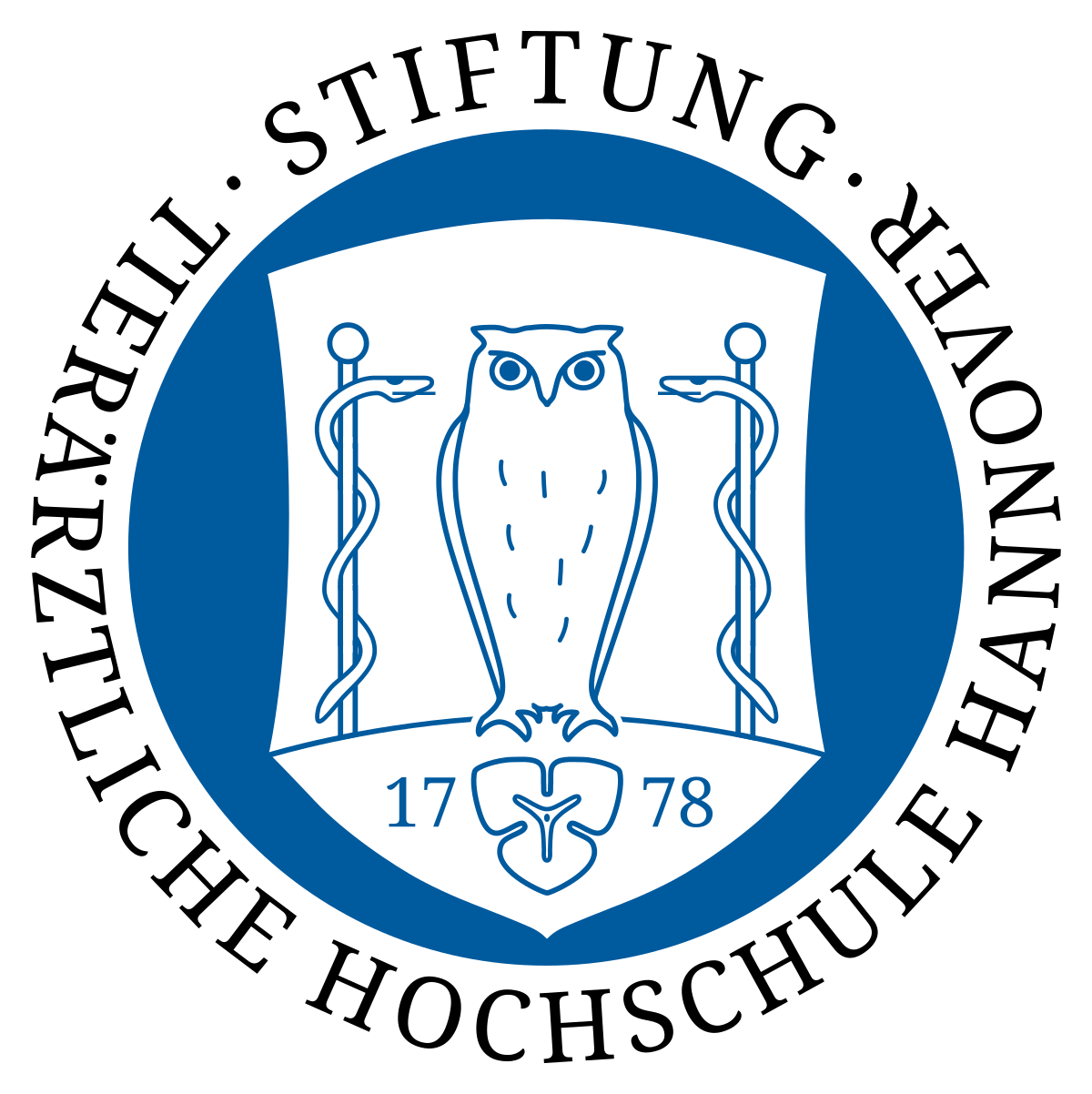
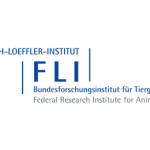
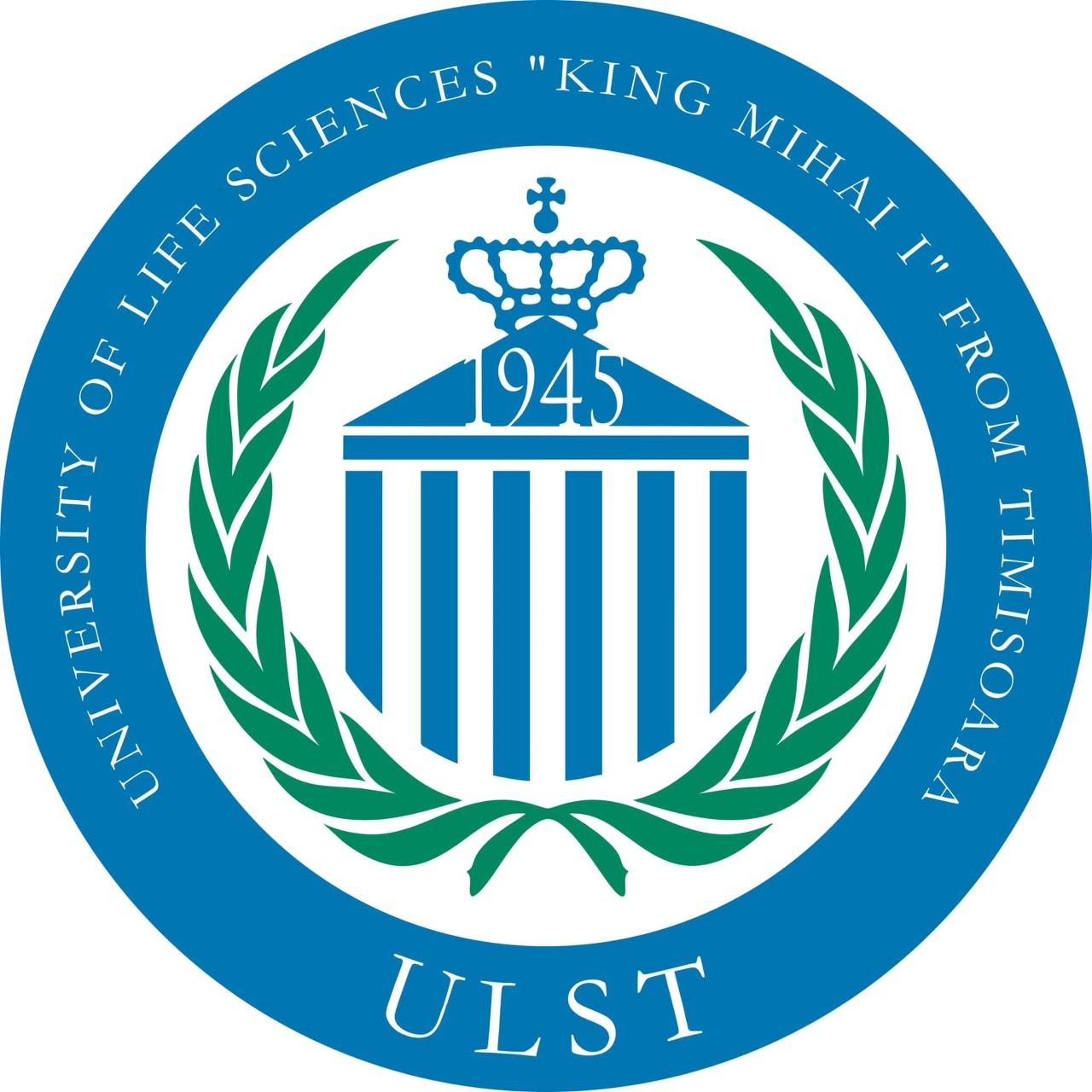
BUC Pet Clinic
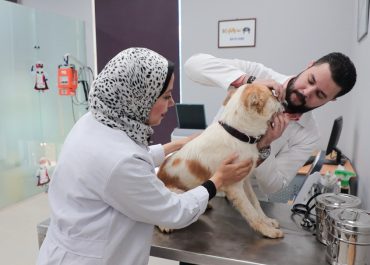
CAREER OPPORTUNITIES
Food Health and Safety Program
- Food inspector at the Ministry of Health
- Food inspector in customs, sea, air, and land ports
- Food safety manager for restaurants and hotels
- Director of food safety in airlines and maritime transport
- Director of food safety in hospitals, university cities, and governmental and private care homes.
- References for food safety and quality systems in quality companies
- Working in governmental and private food analysis laboratories.
- Faculty Members, Ph.D. holders.
Animal Medicine and Surgery Program
- Governmental veterinarian (directorates, units of veterinary medicine)
- Veterinarian in zoos
- Veterinarian in animal production farms (cows, sheep, and buffaloes)
- Veterinary medicine general specialty
- Free veterinarian, specialty farm animals
- Representative/sales manager in veterinary pharmaceutical companies
Pet Animals Program
- Free veterinarian specialty pets
- Representative/sales manager in veterinary pharmaceutical companies
Poultry and Fish Diseases
- Free veterinarian specialty Poultry and Fish Diseases
- Representative/sales manager in veterinary pharmaceutical companies
- Veterinarian in poultry farms
- Veterinarian in fish production farms

